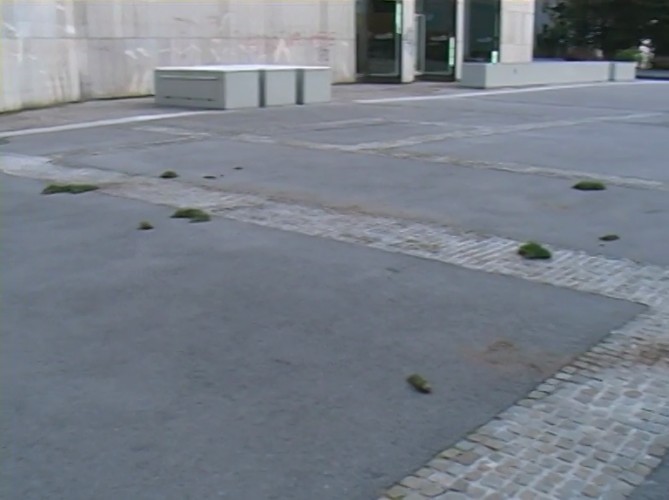Katja Praznik holds a PhD in Sociology from the University of Ljubljana. She teaches cultural policy and courses related to the political economy of the arts at University at Buffalo in New York. Her research is centered on the politics of unpaid artistic labor during the demise of the welfare state. Before coming to the United States, she worked as a freelancer in the Slovenian independent art scene. She was the editor-in-chief of Maska, performing arts journal (2007-2009) and was engaged in the struggles for the improvement of the working conditions of art workers at Društvo Asociacija (2009-2012). Praznik was also involved in attempts to improve the production conditions for contemporary dance in Slovenia and researched its history. As an art critic, she wrote for the daily newspaper Dnevnik and worked as a dramaturge with various artists, such as Maja Delak, Matija Ferlin, and others. In 2010, her book Ideologies of Dancing Bodies was published as a volume of Chronotopographies of Dance: Two Inquiries with Slovene publisher Emanat. Praznik’s research has been published in edited volumes, such as NSK from Kapital to Capital (MIT Press, 2015), Crisis and New Beginnings: Art in Slovenia 2005-2015, and peer reviewed journals, such as the KPY – Cultural Policy Yearbook (Bilgi University Istanbul), Historical Materialism (Brill), and Journal for the Critique of Science. Her latest book,The Paradox of Unpaid Labor: Autonomy of Art, the Avant-Garde and Cultural Policy in the Transition to Post-Socialism, was published by Založba Sophia in Slovenia in 2016. She is currently working on a book that discusses the paradox of unpaid artistic labor, which is defined as the contradiction between the prestige and perceived exceptionality of artistic work and the injustice of the precarious, often unpaid labor that sustains it. The book’s conceptual framework brings into focus unpaid labor in socialist Yugoslavia and in post-socialist Slovenia. It makes a comparison with similar cases in the United States and Germany.


